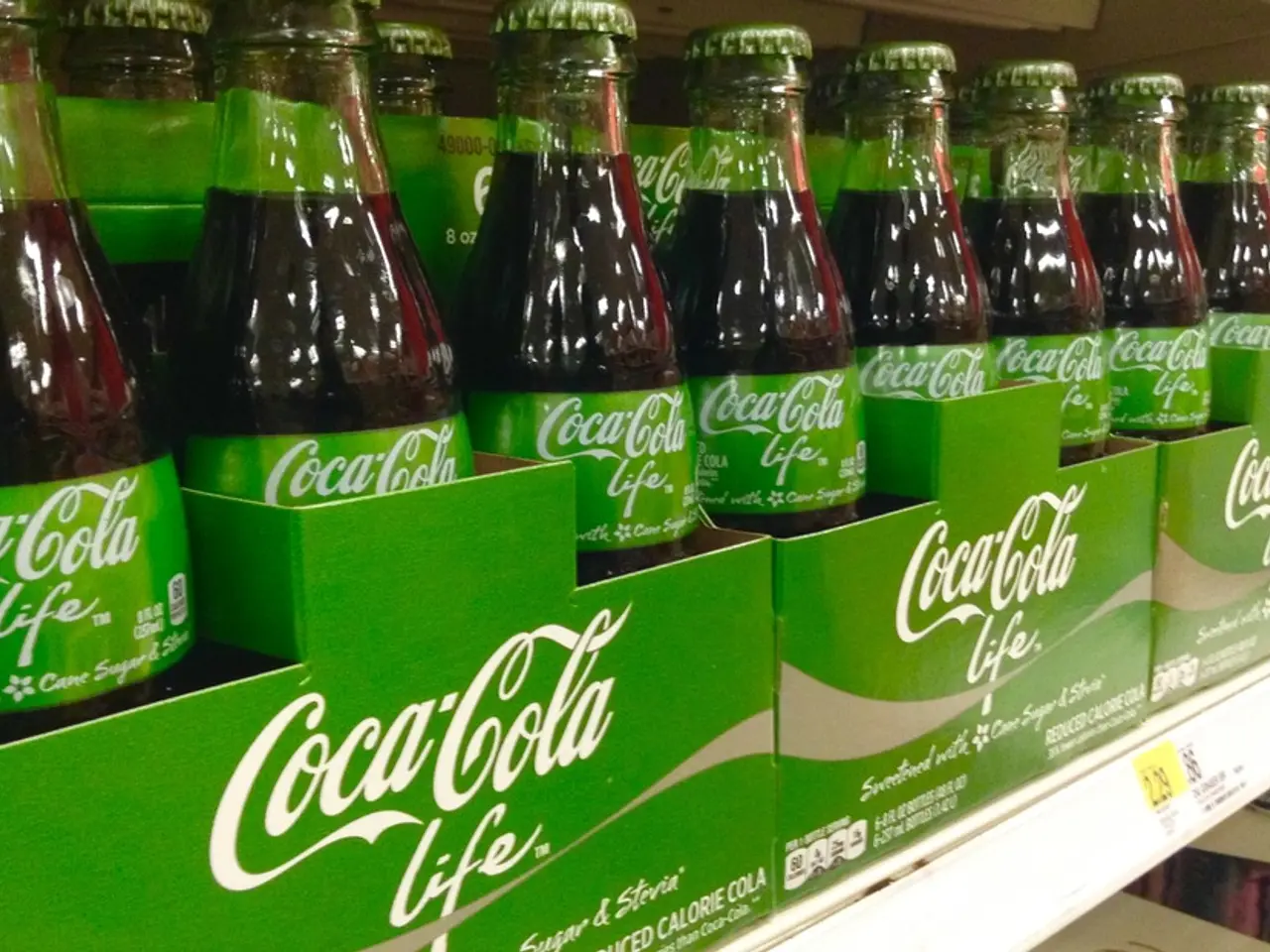Kennedy Advocates for Expanding Alternative Healthcare Practices
Robert F. Kennedy Jr., in his role as the announced Secretary of Health and Human Services, has proposed expanding access to experimental and alternative medical treatments, such as psychedelics and unconventional therapies. This move, while reflecting a desire to innovate and provide new options for difficult-to-treat conditions, has raised concerns among patient advocates and experts due to potential risks and safety concerns.
One of the primary concerns is the lack of supportive clinical evidence for many of these treatments. For example, psychedelics like ibogaine and ecstasy lack robust, conclusive evidence supporting their safety and efficacy for medical use. The Drug Enforcement Administration still classifies these substances as having no currently acceptable medical use and high abuse potential.
Moreover, some alternative treatments carry serious health risks. Ibogaine, for instance, poses heart-related dangers, which could be life-threatening without careful clinical oversight. Without strict regulations, patients may be exposed to harmful side effects.
Regulatory and ethical issues also arise with the expansion of access to experimental treatments. This could lead to legal and regulatory challenges, especially when treatments are not yet FDA approved or are considered controlled substances. The Trump administration's move to regulate or potentially defund hospitals providing unproven or controversial procedures highlights the contentious nature of authorizing experimental treatments broadly.
There is also a risk that vulnerable populations, such as veterans with mental illness who have not responded to standard therapies, could be exploited or exposed to unsafe treatments outside clinical trials.
Furthermore, broadening access without sufficient safeguards could weaken the rigor of medical research and approval processes, potentially leading to harm or reduced public trust in healthcare systems.
In addition to psychedelics, Kennedy has also expressed support for unproven therapies like chelation and stem cells. Chelation therapy, which involves using drugs that bind to heavy metals in the body, is regularly used in alternative medicine circles to treat chronic illnesses like autism, despite a lack of evidence supporting its use. The Food and Drug Administration has previously warned the public to stay away from chelation therapy for autism and unregulated stem cell treatments.
Kennedy's stance on health regulations and alternative treatments has been met with caution from experts who advocate for a balance between improved access and safety. His announcement was made during an interview on the Ultimate Human Podcast hosted by Gary Brecka, a self-proclaimed biologist, biohacker, and longevity expert but not a licensed medical doctor.
Recent headlines have also highlighted Kennedy's claims about stopping chemtrails in a separate interview on Dr. Phil. His history of spreading misinformation about vaccines, nutrition, and other health topics, as well as his repeated undermining of approved medical treatments, has added to the concerns surrounding his proposed changes to health regulations.
It is crucial that any changes to health regulations prioritise patient safety, scientific rigor, and regulatory oversight to mitigate serious risks and ensure that innovative treatments are introduced responsibly.
- Encouraging the use of psychedelics and unconventional therapies, as proposed by Robert F. Kennedy Jr., could potentially lead to harmful side effects, given the lack of conclusive evidence supporting their safety and efficacy.
- Expanding access to experimental treatments like ibogaine and chelation therapy poses significant heart-related risks, raising concerns about patient safety and the need for strict regulations.
- With controversial treatments like psychedelics being considered for wider use, there is a risk of vulnerable populations, such as veterans with mental illness, being exploited or exposed to unsafe treatments outside clinical trials.
- In the realm of health and wellness, the lack of evidence supporting unproven therapies like chelation therapy and unregulated stem cell treatments could weaken the rigor of medical research and approval processes, potentially leading to harm or reduced public trust.
- A balance between improved access and safety is crucial when it comes to experimental treatments, as Kennedy's stance on health regulations and alternative treatments has been met with caution from experts.
- The future of health-and-wellness approaches, including nutritional supplements and mental health therapies and treatments like CBD, should prioritize patient safety, scientific rigor, and regulatory oversight to ensure innovative treatments are introduced responsibly.




